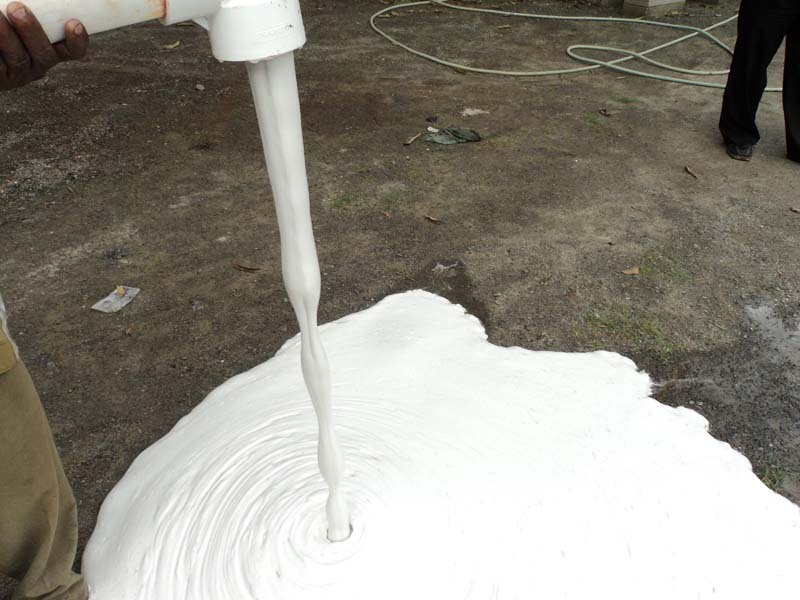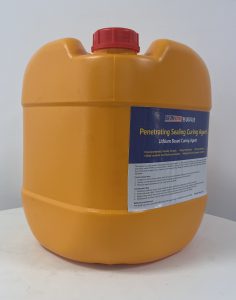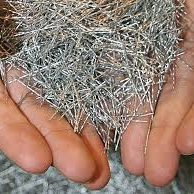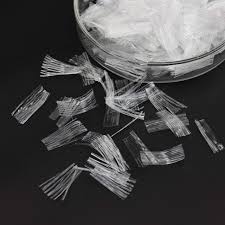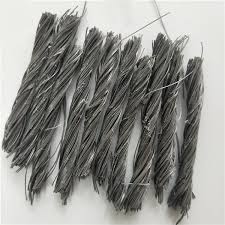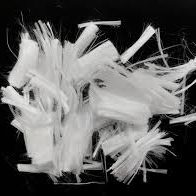Professional solutions on concrete addtives, Concrete Foaming Agent, Superplasticizer, CLC Blocks Additives, and foaming machine
(The Effect of Concrete Foaming Agent on the Formation of Foamed Concrete)
Concrete foaming agent is a mixture of water, cement, and other materials that helps to give concrete a soft and flexible feel. It also helps to improve its strength and durability. But the main problem with it is that it is not environmentally friendly. If you want to use it, you should take some precautions, such as choosing a good supplier and avoiding using it in areas that are likely to experience storms.
Surface tension and viscosity
Several studies have been conducted to investigate the influence of the surface tension and viscosity of concrete foaming agent on the formation of foamed concrete. The aim of these studies is to provide a reference for the preparation of high-performance foamed concrete.
These studies have focused on preparing and testing foamed concrete using a composite foaming agent solution. It was found that the effect of different surfactant mass ratios on the properties of the foaming agent was significant. But the results did not reveal any detailed information about the physical mechanism of these factors.
However, a regression equation was developed to analyze the relationship between various factors and compressive strength of the foamed concrete. Using this equation, the optimal ratio of each influencing factor was calculated.
Foaming stability is also an important determining factor in the application of foamed concrete. The research results can improve the level of application of foamed concrete in engineering construction.
Thermal conductivity
The thermal conductivity of foaming agent was measured using an electronic instrument. Four tests were carried out. The first test was conducted for 10 seconds with a cutting tool parallel to the surface of the test piece. An image was then taken with an AO-HD208CD electron microscope.
Increasing the ratio of fine glass particles exhibited a significant increase in thermal conductivity. Similarly, the use of calcium stearate tended to improve pore formation. However, its effect was less pronounced on the compressive strength of the foam.
Xanthan gum has also been found to have a positive influence on the compressive strength of the foam. It is a thickening agent that condenses a liquid film around the foam. Similarly, it helps to improve the predictability of chemical foaming.
Fly ash plays a vital role in improving the fluidity of concrete. Moreover, it has a pozzolanic effect. In addition, it reduces the amount of cementitious material in the final product. These effects, in turn, help to produce a lighter, more compressive concrete.
Strength
Foamed concrete is a lightweight material, with compressive strength of up to 25 Newton/mm2. It is generally made with pure cement, aerated foaming agent, and sand andesite.
Foamed concrete is a relatively new material, and is used for various applications. Some of the main uses include vault abandonments, sewer and pipe fillings, and mass void fillings. The strength of the material can be enhanced with the addition of pozzolanic substances.
The compressive strength of foamed concrete is determined by the density. Higher density results in a larger number of air bubbles, larger air bubble walls, and smaller air-voids. However, the density of the foam is affected by other factors, such as the size of the air bubbles, the proportion of aerated foaming agent, and the water-to-cement ratio.
To determine the compressive strength of foamed concrete, ten specimens were poured into steel molds and stored at ambient conditions. After curing, the samples were analyzed using an LM microscope.
Porosity
Foam concrete is a lightweight concrete material which is manufactured using a foaming agent. Concrete is a heterogeneous composite material. The properties of the material depend on the porosity of its internal structure.
Foaming agent entrains air into the cement paste and increases the number of internal pores in the concrete. This produces a porous concrete with good insulation properties.
Foam concrete can be made with various additives. A calcium stearate additive improves the probability of pore formation. Calcium stearate is insoluble in water and has excellent dispersibility. Therefore, it allows bubbles to form independently.
Another additive called Neolas 5.2, reduces the standard deviation of pore average diameter. It also stimulates the formation of closed pores.
Fly ash is an important component of foam concrete. Fly ash increases dry bulk density of foam concrete and reduces total hydration heat. However, its high content reduces strength of foam concrete.
Concrete additives Supplier
Luoyang Tongrun is an ISO9001 registered distributor of high quality specialty raw materials used in a wide range of industries.
Luoyang Tongrun Nano Technology Co. Ltd. (TRUNNANO) is a trusted foaming agent manufacturer and inconel alloy powder supplier with over 12-year-experience. We ship our goods all over the world.
If you are looking for high-quality inconel alloy powder, please feel free to contact us and send an inquiry. (sales4@nanotrun.com)
(The Effect of Concrete Foaming Agent on the Formation of Foamed Concrete)



